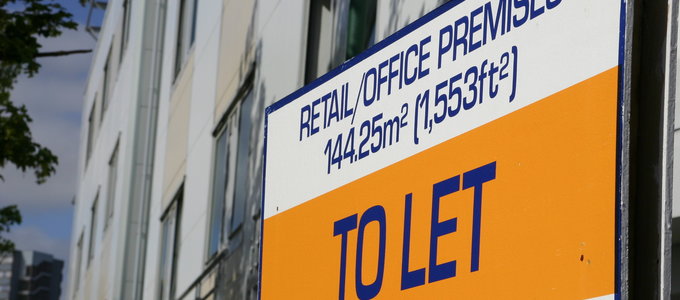Is the rent arrears moratorium extension a dead-end for commercial landlords?

Commercial Rent Arrears Recovery
The recent amendments to the Taking Control of Goods Regulations 2013 which came into force on 29th September 2020 now make it more difficult for Landlords to exercise their Commercial Rent Arrears Recovery (CRAR). To commence the CRAR procedure and provide tenants with the requisite notice of enforcement, Landlords must now be owed a minimum of:
-
276 days’ rent where the notice of enforcement is to be given on or before the 24th December 2020; and
-
366 days’ rent where the notice of enforcement is to be given on or after the 25th December 2020.
Setback for Commercial Landlords - restrictions to 31 December
This is a setback for Commercial Landlords, who now must endure longer periods of unpaid rent, from what was a minimum of 7 days prior to Coronavirus and which has gradually increased to 90 days in April 2020 and to 189 days in June 2020.
In addition, Landlords are now faced with a longer period of uncertainty and the associated financial risks as the moratorium period (previously 30th June 2020), has been extended to 31st December 2020. The moratorium means Landlords are not able to exercise their right of re-entry or forfeiture for non-payment of rent for any commercial lease up until the end of this year.
Unfortunately, Landlords are also temporarily banned from enforcing statutory demands and presenting winding up petitions where COVID-19 has financially impacted the Tenant’s inability to pay rent. This temporary ban has also been extended until 31st December 2020.
Tenants still have to pay
Despite the legislation putting restrictions on Landlords, the Tenant’s obligation to pay rent is not discharged and rent continues to be owed to the Landlord throughout the above periods. Tenants taking unfair advantage of the situation and/or failing to engage with the Landlord could have an adverse impact on their lease renewal proposals.
An alternate remedy available to the Landlords is issuing a debt claim for the rent arrears. Whilst there are delays with the Courts, the Landlord is left with limited options against the Tenant. Landlords therefore need to be careful when exercising an alternative method and/or communicating with the Tenant to ensure they are not waiving their right of re-entry or forfeiture.
Madhvi Panchal comments:
“On one hand, many Tenants are shielding behind the recent changes in the law and taking advantage of the moratorium. On the other, Landlords are either confused or misguided as to their options on recovering rent due to them.”
What landlords can do?
Please get in touch to discuss remedies available to you in recovering rental arrears and to consider whether the level of rent due qualifies for serving a notice under CRAR.
Our Dispute Resolution team is happy to assist you and will be able to provide practical advice which is easy to understand and is suitable to your unique circumstances.

Solicitor, Dispute Resolution,
Lawson-West Solicitors, Leicester
mpanchal@lawson.west.co.uk

